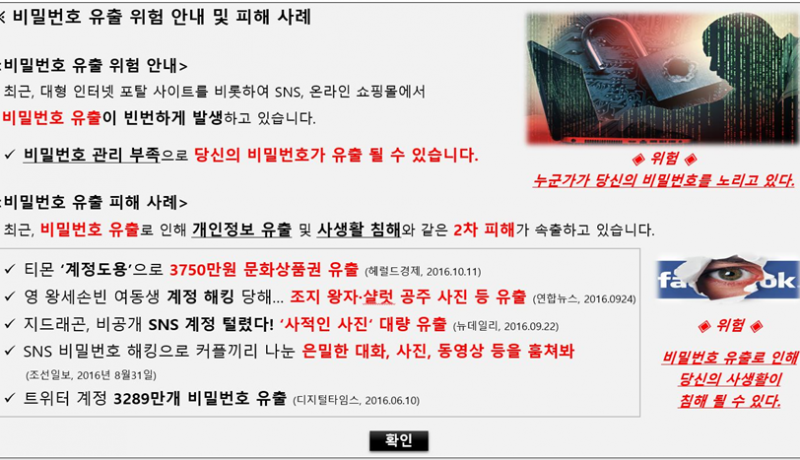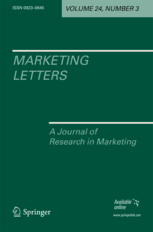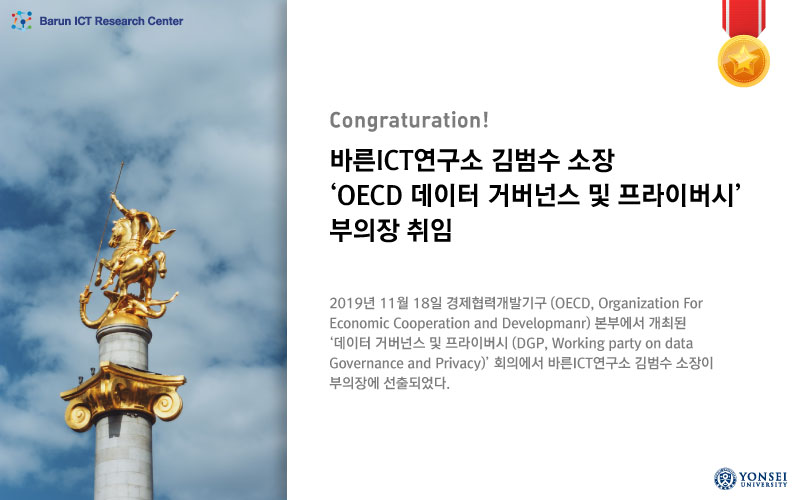[초록] 신용카드 회사는 고객들을 유인하기 위해 다양한 혜택들을 제공하고 있으며, 그중 대표적인 고객보상 프로그램은 사용 금액에 따른 포인트 적립이었다. 하지만, 소비자들은 포인트 적립보다는 현금 할인을 더 많이 선호하고 있기에 신용카드 회사들은 포인트 적립보다는 현금할인 비중을 조금씩 늘리고 있다. 반면, 여러 신용카드를 비교하여 혜택만 챙기는 체리픽커(Cherry Picker)가 증가하고 있기에 이를 방지하고 고객들을 고착화하기 위해서는 포인트 적립이 효과적인 측면이 있다. 결국 신용카드 회사는 고객들의 선호가 높은 현금할인과 고객 고착화에 효과적인 포인트 적립이라는 두 가지 보상프로그램 사이에서 선택해야 하는 딜레마에 빠져 있다. 본 연구에서는 Kahneman and Tversky(1979)의 프로스펙트 이론과 Thaler(1985)의 심적 회계(Mental Accounting)와 쾌락적 편집(Hedonic Editing) 원칙에 의거하여 이득을 분리하는 것이 소비자 효용을 극대화할 수 있기에, 포인트 적립만 제공하는 형태보다 같은 금액을 포인트와 현금으로 분리해서 제공하는 형태의 복합적 보상프로그램이 효과적일 것으로 예상하였다. 다시 말하면, 복합적 보상프로그램이란 100원의 현금할인 혹은 100포인트의 적립이 아닌, 50원 현금할인과 50포인트의 적립을 복합적으로 제공하는 보상프로그램을 의미한다. 이에 신용카드 회사들이 제공하는 3가지 고객 보상 프로그램인 현장할인, 청구할인, 포인트 적립과 본 연구에서 제시하는 현금할인+포인트를 동시에 제공하는 복합 보상프로그램을 비교하고 그 효과를 검증하였다. 또한 현금할인에서 포인트 적립으로 고객보상 프로그램의 형태를 변경하는 경우 현상 유지 편향(Status Quo Bias)으로 인해 선호도가 낮지만, 현금할인과 포인트 적립을 동시에 제공하는 복합보상 형태로 변경하면 포인트 적립으로 변경하는 경우보다 선호도가 상대적으로 덜 감소하는 것을 확인하였다. 편의성과 유용성이 이러한 고객보상 유형과 선호도 사이를 매개한다는 사실도 확인할 수 있었다. 이러한 결과를 바탕으로 고객보상 프로그램을 설계할 때 복합적 고객보상 프로그램 방식이 만족도를 떨어뜨리지 않으면서 동시에 고객 고착화를 유도할 수 있다는 시사점을 제시하였다.
[Abstract] Credit card companies provide a variety of benefits to attract consumers, and the most typical reward program would be reward mileage. However, consumers prefer cash-back(or instant discount) to reward mileage, so the portion of cash-back reward program tend to increase, compared to reward mileage program. On the other hand, one of credit card companies’concerns is cherry-pickers that are interested in promoted items and benefits such as instant discount and cash-back. The reward mileage program is effective to prevent cherry-pickers, so credit card companies face a dilemma of making choice between cash-back and reward mileage. Based on the prospect theory(Kahneman and Tversky 1979) and mental accounting(Thaler 1985), this paper proposed a composite reward program – mixing cash-back and reward mileage. Through 2 experiments, we examined consumers’ preference about reward programs (instant discount, cash-back, reward mile, and composite regard program). In Experiment 1, preference toward reward mileage was significantly less than that toward others(instant discount, cashback, composite reward program). In Experiment 2, we found that because of the status quo bias, consumer preference decreased when companies changed from instant discounts to reward mileage, compared with keeping current programs. When the changed program is the composite reward program, rather than reward mileage, the negative impact on consumer preference was relatively less. Also, these effects were mediated by usefulness and convenience. Reward mileage program is an important way to prevent cherry-pickers, so these results imply that the composite reward program could hold consumers without scarifying consumer satisfaction.
[Abstract] Credit card companies provide a variety of benefits to attract consumers, and the most typical reward program would be reward mileage. However, consumers prefer cash-back(or instant discount) to reward mileage, so the portion of cash-back reward program tend to increase, compared to reward mileage program. On the other hand, one of credit card companies’concerns is cherry-pickers that are interested in promoted items and benefits such as instant discount and cash-back. The reward mileage program is effective to prevent cherry-pickers, so credit card companies face a dilemma of making choice between cash-back and reward mileage. Based on the prospect theory(Kahneman and Tversky 1979) and mental accounting(Thaler 1985), this paper proposed a composite reward program – mixing cash-back and reward mileage. Through 2 experiments, we examined consumers’ preference about reward programs (instant discount, cash-back, reward mile, and composite regard program). In Experiment 1, preference toward reward mileage was significantly less than that toward others(instant discount, cashback, composite reward program). In Experiment 2, we found that because of the status quo bias, consumer preference decreased when companies changed from instant discounts to reward mileage, compared with keeping current programs. When the changed program is the composite reward program, rather than reward mileage, the negative impact on consumer preference was relatively less. Also, these effects were mediated by usefulness and convenience. Reward mileage program is an important way to prevent cherry-pickers, so these results imply that the composite reward program could hold consumers without scarifying consumer satisfaction.






